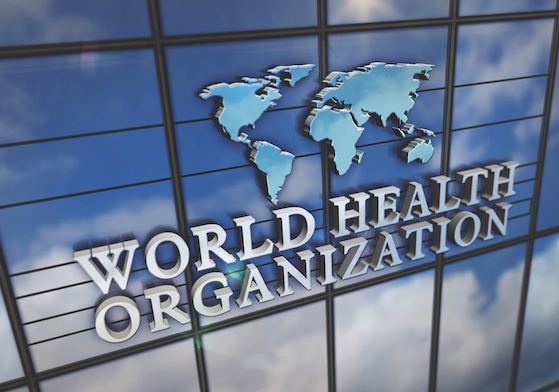New WHO initiative to prioritise endemic pathogens for vaccine development
November 17, 2023
Source: drugdu
 318
318

The World Health Organization (WHO) has commissioned 16 ‘Vaccine Value Profiles (VVPs)’ to prioritise key endemic pathogens to accelerate vaccine development.
The VVPs are a result of collaboration between several pathogen and vaccine experts.Led by the Product Development and Research (PDR) team in WHO’s immunisation, vaccines and biologicals department, the aim of the VVPs is to advance the development of vaccines for pathogens that pose the biggest threat to public health and socio-economic burden, particularly in low- and middle-income countries.
The forthcoming supplement in the journal Vaccine will feature the VVPs of 16 pathogens with vaccines in late-stage clinical development to provide comprehensive summaries of critical evidence to provide guidance for vaccine funding, research initiatives, and clinical and policy development strategies.
They will comprise state-of-the art, publicly available data and information that highlights the current understanding of anticipated vaccine development, the implementation of feasibility studies and the public health impact of vaccines.
Additionally, the VVPs will be a key resource for multiple stakeholders within the vaccine development and immunisation community to inform investment, prioritisation and strategic decision-making.In alignment with the Immunisation Agenda 2030, the profiles will also inform Gavi’s Vaccine Investment Strategy (VIS) by facilitating evidence-based prioritisation of vaccines along with a regional and global initiative to establish priority endemic pathogens for the development of new vaccines.
The first volume of the feature will include the VVP for respiratory syncytial virus, alongside other profiles including Group B Streptococcus, cytomegalovirus and enterotoxigenic E. Coli Norovirus, as well as a commentary on neglected tropical diseases.A second volume will follow in 2023 to include vaccines for Klebsiella pneumoniae or Neisseria gonorrhoea.
Dr Katherine O’Brien, director of immunisation, vaccines and biologicals at WHO said: “We will leverage learnings from these VVPs to work in-step with key stakeholders to accelerate vaccine development and ensure access, to fortify global health and improve equity.”
"These VVPs have the potential to catalyse vaccine development and activate new research collaborations by providing a comprehensive understanding… about the potential value that vaccines could bring to the world,” said professor Ruth Karron from Johns Hopkins University.
source:
By editorRead more on
- Phase III Clinical Trial of Recombinant Staphylococcus Aureus Vaccine Progressing Normality January 21, 2026
- Its drug marketing application for injectable iza-bren has been accepted January 21, 2026
- Kain Technology withdrew a drug registration application, resulting in a profit reduction of 111 million yuan in 2025 January 21, 2026
- Received Notice of Approval for Drug Clinical Trial January 21, 2026
- Breaking news! AstraZeneca to be delisted from Nasdaq. January 21, 2026
your submission has already been received.
OK
Subscribe
Please enter a valid Email address!
Submit
The most relevant industry news & insight will be sent to you every two weeks.



